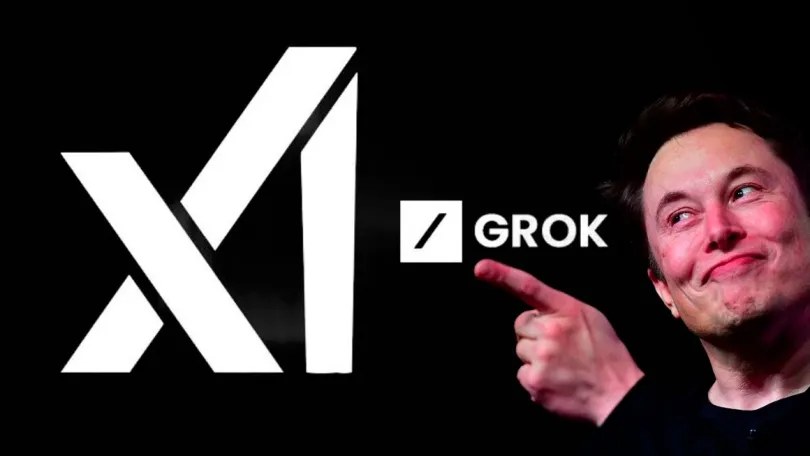
Legislators of the European Union have approved a draft law regarding the regulation of #artificial intelligence (AI) within European territory, according to The New York Times.
The draft law, named the AI Act, was approved after three days of negotiations. While the law still needs to go through several stages of approval, the agreement reached signifies that its key principles have already been defined, journalists from the publication note.
The AI Act, which the European Commission has been working on since 2021, establishes four categories of risks associated with the use of AI: minimal, limited, high, and unacceptable. Systems representing an unacceptable risk will be prohibited, while different requirements will be set for the remaining categories according to the level of risk.
Historic!
— Thierry Breton (@ThierryBreton) December 8, 2023
The EU becomes the very first continent to set clear rules for the use of AI 🇪🇺
The #AIAct is much more than a rulebook — it's a launchpad for EU startups and researchers to lead the global AI race.
The best is yet to come! 👍 pic.twitter.com/W9rths31MU
The law also bans the use of emotion recognition systems by law enforcement agencies, border control services, employers, and educational institutions. Companies that violate these rules can be fined up to 7% of their total annual turnover.
The agreement on this document is of great importance for shaping AI policy in the European Union. It offers a set of rules and limitations aimed at ensuring the safe and ethical use of AI. This includes protecting the rights of citizens, transparency in the use of AI, as well as the responsibility of companies and organizations developing and implementing AI.
"Europe positions itself as a pioneer, understanding the importance of its role in establishing global standards"said European Commissioner Thierry Breton, who participated in the drafting of the document.
However, the draft law raises certain concerns and criticism. Some experts believe that it could restrict innovation and the development of new technologies. Additionally, there are concerns that the law may be difficult to implement and enforce, especially regarding companies from other countries.
In any case, the AI Act will become the first legislative act in Europe regulating the use of AI. It can serve as an example and influence other countries and regions in developing their own policies in this field.




























